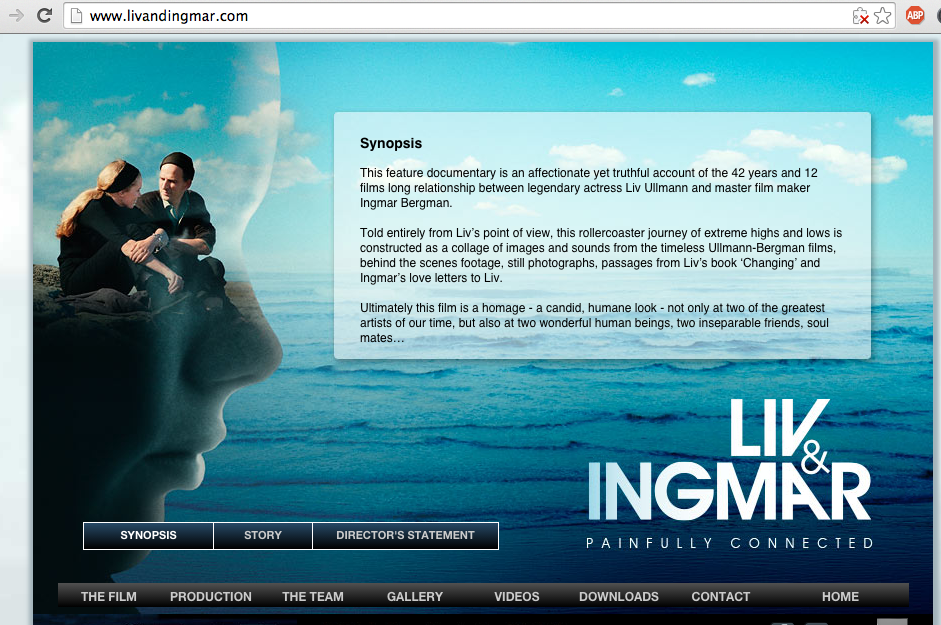I was going to attend my 2nd day of the Mumbai Film Festival,
2014 on this day.
I reached the venue by 10 am. I had woken up
early on this day and managed to catch the morning train to the NCPA, before
the rush hour crowd came in.
From 10 am to 12 am, I saw a few Canadian
Animation films, a film about National Highway 39 in North East India and a
film titled, ‘Mokama Fast Passenger’ about a labour contractor who has a family
in the countryside and an affair with another lady in the city.
At 12pm, I went to the Little Theatre to watch a
movie titled Subtext of Anger. It is a movie that showcases how everyday life
leads to emotions like fear, anxiety, frustration, depression and most
importantly stress that ultimately leads to anger.
It was directed by a Delhi based film maker Mrs
Vandana Kohli. An interesting visual about a mice running in a circular
exercise equipment was shown. The mice kept running and was still in the same
place and did not move an inch. This was related to the present scenario where
we are all constantly running to a destination, but still find ourselves in the
same place.
The movie described how those parts of the mind
that are involved in reflection are not being used often. Those parts related
to constant engagement increasingly being used.
The several emotions related to anger were
described and the common experiences leading up to them were shown. Interviews
of psychologists and people that had severe anger management problems were
shown.
The movie ended with ideas to create an
environment that does not promote anger in an individual. This included
simplicity, meditation, love, reflection and more.
In the afternoon, I decided to watch the movie
‘Liv and Ingmar’ directed by Dheeraj Akolkar. This was the story of the 42 year
long relationship between legendary actress Liv Ullman and the film maker
Ingmar Bergman.
The director Dheeraj Akolkar had worked on the
movie Lagaan: Once Upon a Time in India (2001) that was nominated for best
foreign film at the Academy Awards in 2002 before this.
The movie was beautifully shot with scenes at
the locations where Liv and Ingmar had lived and spent time. It was filled with
interviews of Liv Ullman and her description of the relationship over time. Her
grace and warmth in front of the camera helped make the viewer, look at the
world from her eyes. For those two hours it was like I was with Liv Ullman and
Ingmar Bergman, observing them over the years.
Liv described their first meeting, life in the
cabin they lived in, the movies they worked in together and the ups and downs
of their relationship. I knew nothing about Liv Ullman and Ingmar Bergman
before the movie started. But by the end of the movie, it was like I had made
two new friends with my intimate understanding of the life and relationship of
Liv Ullman and Ingmar Bergman.
LunchBox
At 4 30 pm, I walked out of the NCPA and decided
to go to the KalaGoda Arts Festival for the screening of the award winning
Indian documentary, ‘The Lunchbox’ directed by Ritiesh Batra.
For the next two hours, I was again transported
to the world of the Indian Lunchbox Handlers. The story is about how a mistaken
delivery in mumbai’s famously efficient lunchbox deliver system connects a
young house wife to an older man in the dusk of his life. They have
conversations through notes delivered through the lunchbox everyday.
Moonlight, Music and the Grass
After the movie, I explored the KalaGoda Arts
festival stall area for the fourth or fifth time up to then. It was always a
new experience doing this. Because everytime I walked around the place, there
were new people, new families and new stories to learn from. I just loved
observing people in natural settings. Not in a scary sort of way. But there
families, couples, college students, senior citizens and more. There were people
from all over India and all over the world.
Lunchbox was the story of two very ordinary
people and yet so many people connected twith the story. A thought struck me. I
wondered..the greatest novels and movies of our time, were not filmed or
written, they were lived.
As I walked around Kala Goda, it struck me that
all the people around me, have a movie or book in the way they have lived their
lives. I did not have to go to a movie theatre or library to learn all the
time. I just had to have conversations with people around me and learn from
them and their lives.
I thought about this on a larger scale with over
seven billion people on this planet with seven billion individual stories to
tell. If I opened up more, I had the whole world to learn from. It was an
extra-ordinary learning prospect.
I then went to the Cross Maidan where the live
dance performances happened every evening. I settled down on the grass, placed
my bag below my head, and looked up into the sky with the dance music playing
in the background. The night sky was never filled with so many stars. I felt
alive again!
Let us Learn Together
Tweet @AbhishekShetty_
Sat - chit - ananda




No comments:
Post a Comment